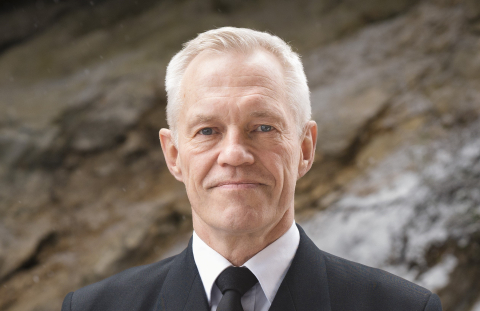Deepening the Franco-Japanese Cooperation in Africa: the Economic and Security Dimensions

Practical information
It is now clear that some African countries are on their way to achieve a dynamic economic growth that will uphold the overall development of the continent. At the same time, they are still struggling with the lack of economic and social infrastructure, governance issues and a complex and risky security environment. In this context, both Japan and the European countries, especially France, are making efforts to increase not only their development assistance, but also private investments and security cooperation in Sub-Saharan Africa. Two important players in the African continent, Japan and the European countries are also looking to enhance their bilateral cooperation on the field.

The morning conference is open to the public, upon registration.
The access to afternoon seminar is by invitation only.
Morning Session – Public conference on the economic cooperation in Africa
9:30 -Welcoming remarks
Dominique DAVID, Advisor to the Executive Chairman, Ifri
9:45-12:00: Opportunities and challenges for the Japan-France economic cooperation in Africa
Chair: Françoise NICOLAS, Director, Center for Asian Studies, Ifri
- Japan’s development cooperation in Africa: new trends and prospects for cooperation with France
Megumi MUTO, Chief Representative, JICA France
- French development cooperation in Africa and cooperation with Japan: main features
Laurent AMAR, Vice-Director for Sub-Saharan Africa, AFD (French Development Agency)
- Japanese business reinvesting Africa: what’s ahead?
Keiichi SHIRATO, Mitsui Global Strategic Studies Institute
- French business in Africa: characteristics and new frontiers
Etienne GIROS, Executive Chairman of CIAN (French Corporate Council in Africa)
Q/A session
12:00-12:20 – Wrap-Up remarks
Thierry MOULONGUET, on behalf of Louis SCHWEITZER, Special representative for the French-Japanese partnership
Lunch break (by invitation only)
Afternoon Session – Closed-door conference on the security cooperation in Africa (by invitation only)
14:00-16:00: Exploring the opportunities for a Japan-France security cooperation in Africa
Chair: Alain ANTIL, Head of the Sub-Saharan Africa Program, Ifri
- Fostering security in Africa: what at stake? The Japanese approach
Yoshifumi OKAMURA, Ambassador in charge of TICAD, the UN Security Council Reforms and Human Rights
- France's capacity-building activities in Africa and prospects for cooperation with Japan
Pascale TRIMBACH-ROGNON, Direction of the Security and Defense Cooperation (DCSD), French Ministry of Foreign Affairs
- The 2015 France-Japan Plan for Africa: Progresses, challenges and way ahead for the security cooperation
Céline PAJON, Research Fellow, Center for Asian studies, Ifri
- Lessons learned from the experience in South Sudan for future security contributions
Tomonori YOSHIZAKI, Professor and Director, Policy Simulation, National Institute for Defense Studies (NIDS)
Q/A session
16:00-16:15: Final Conclusion
Find out more
Japan's Revived African Policy
By organising TICAD (Tokyo International Conference on African Development) for the first time in Africa in August 2016, Japan intended to accelerate and deepen its relationship with the continent.
Japan's Security Policy in Africa: The Dawn of a Strategic Approach?
This paper documents new features of Japan's diplomacy that tends to gradually integrate Africa into Japan's strategic interests.
Related Subjects
Other events

New geopolitical realities of the Arctic
Donald Trump’s announcement in January 2025 of his intention to seize Greenland has brought the Arctic back to the forefront of great power rivalries.

Doing politics in African cities: actors, causes and forms of urban social mobilization
From Maputo to Nairobi and from Lagos to Dakar: recently, African cities have been the theatre of mobilizations by groups of young protesters.








